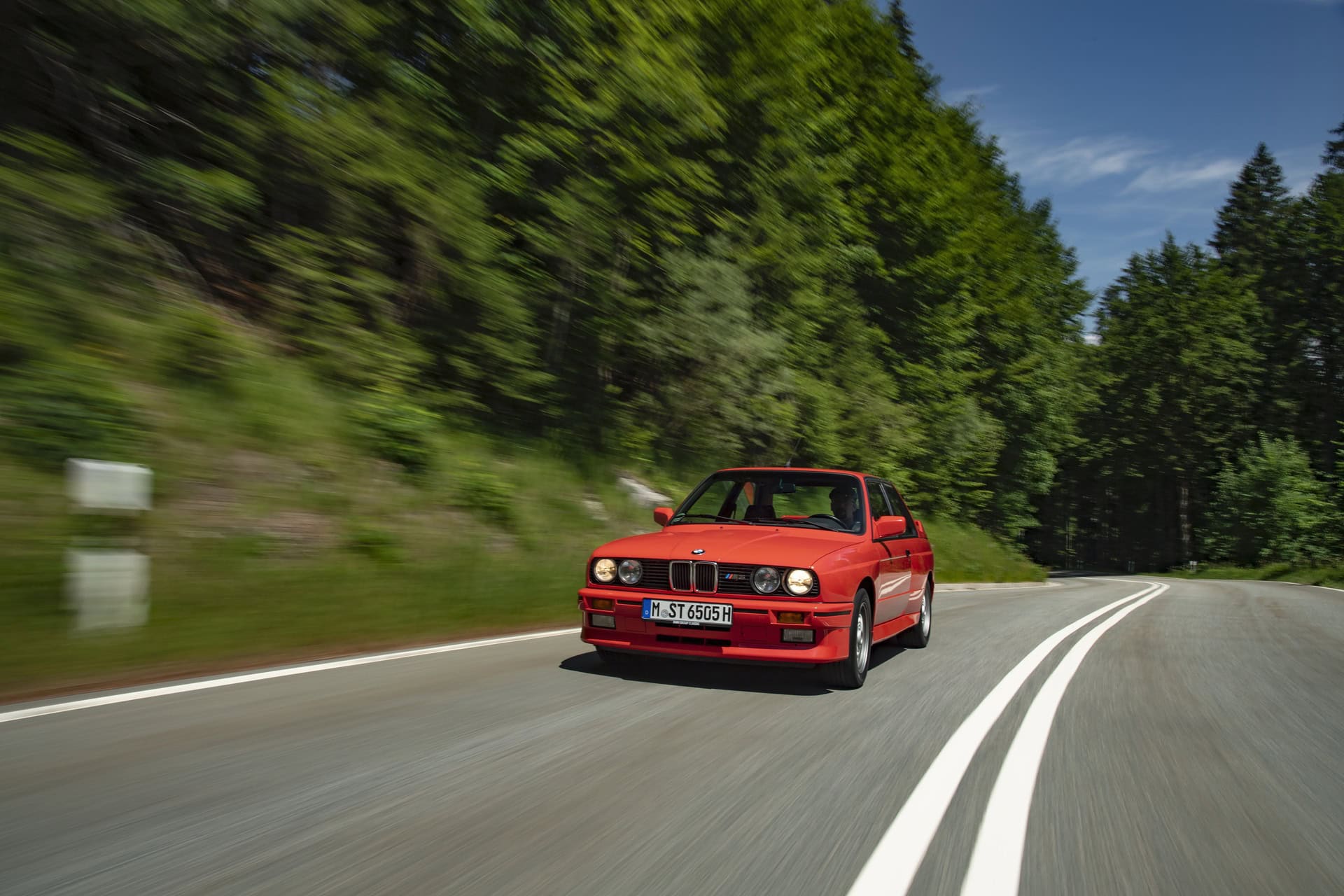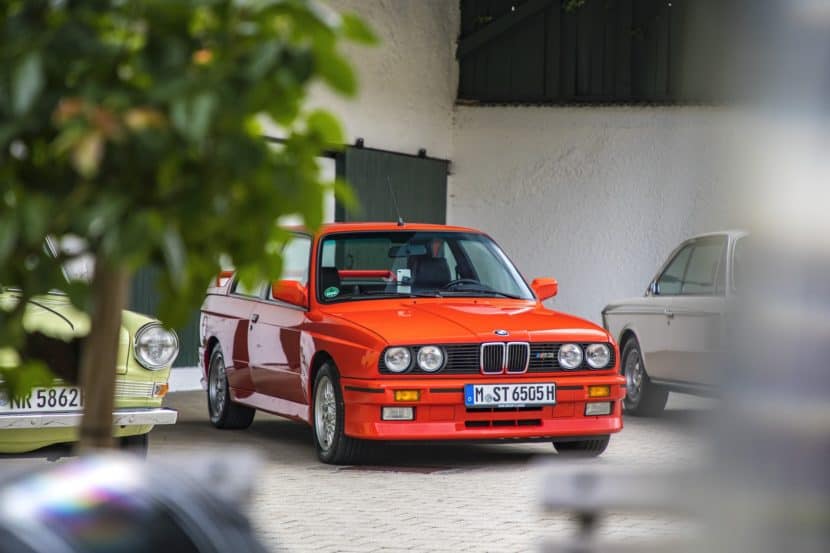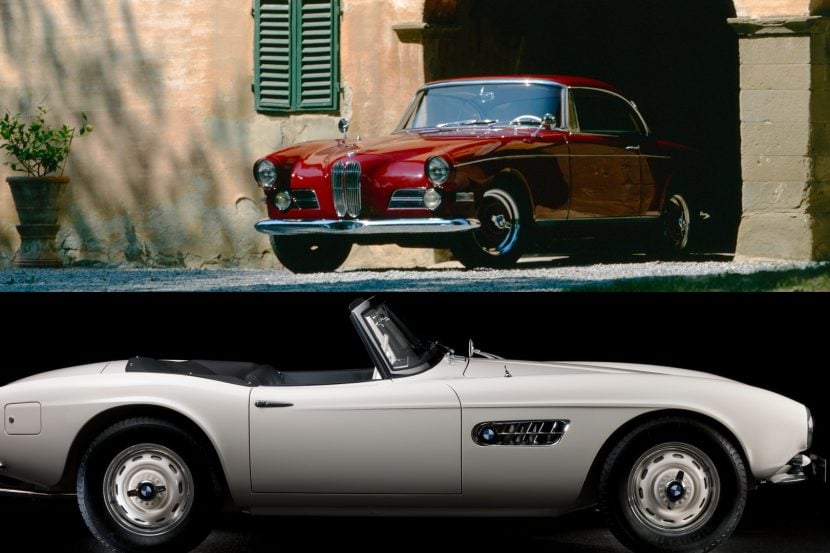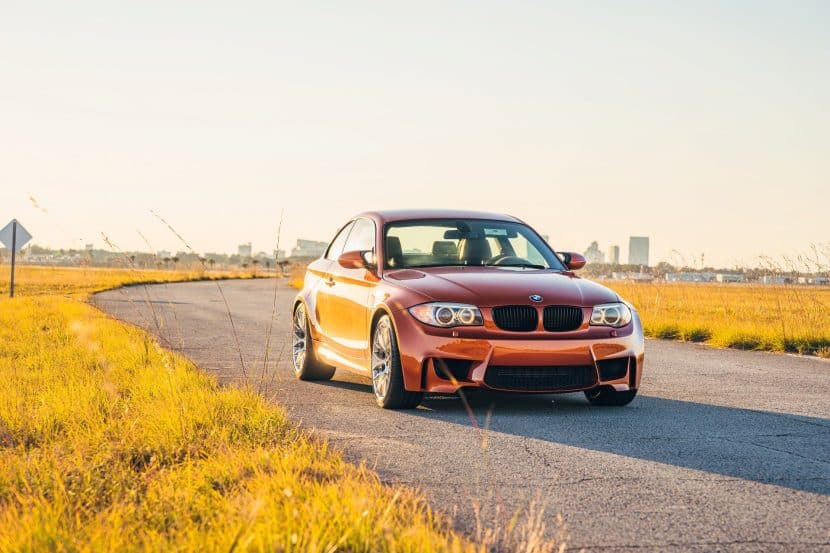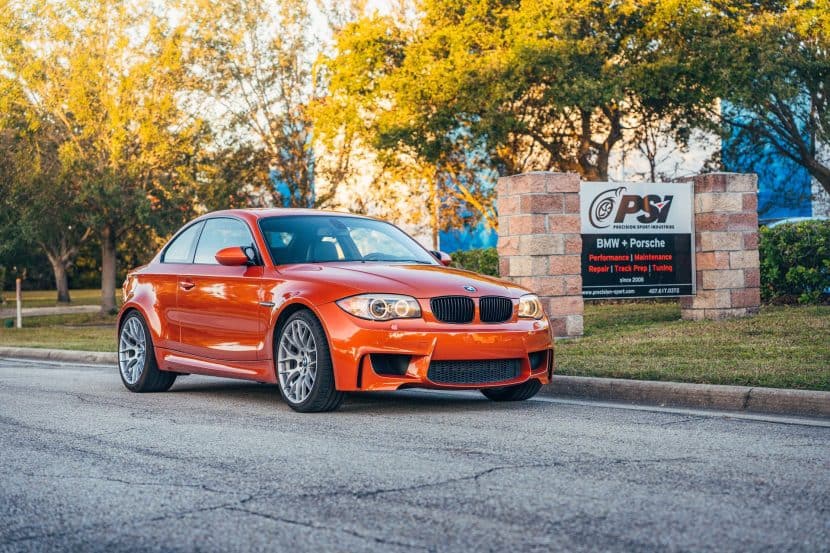Car design in the 1980s took a bit of a radical turn. We saw incredible vehicles like the Ferrari F40, Lamborghini Countach, and the DeLorean DMC-12. But for BMW, the 1980s represented a bit of a coming-of-age period. Riding on the design high of cars like the BMW M1 and the E24 BMW 6 Series, BMW picked up right where they left off. Here’s a quick tour of the best BMW cars of the 1980s.
E32 BMW 7 Series
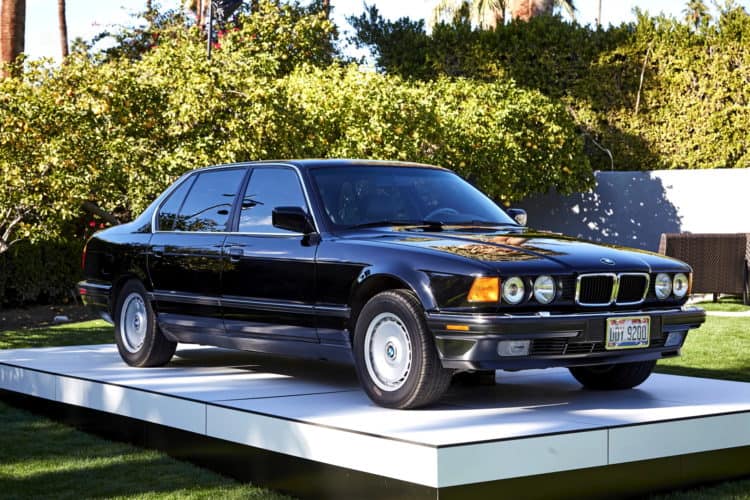
The E32 7 Series was historic for several reasons. It was the first time BMW stuffed a V12 into their flagship, pioneered an electronic damper control system, eventually integrated an available telephone, and even featured an early version of Xenon headlights on the 750iL. Oh, that’s another thing – it also was the first time an extended wheelbase vehicle was offered. In typical German efficiency, the L stands for long.
While the 7 Series always incorporated the newest technology possible, the E32 set the foundation for the E38 7 Series – and later. Plus, aesthetic details like L-shaped taillights and the Hofmeister kink are in their glory here, making the E32 BMW 7 Series one of the most iconic luxury sedans ever, especially of the 1980s.
E24 BMW 6 Series
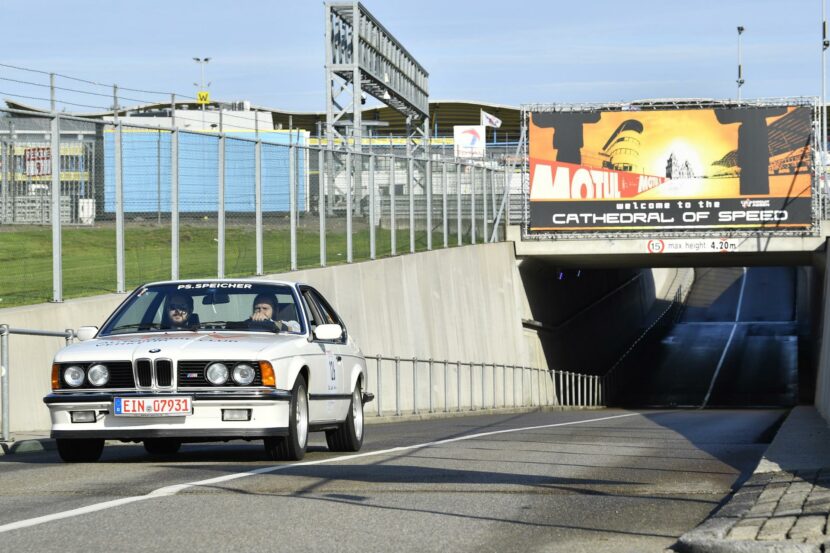
You might recognize the E24 BMW 6 Series from our piece about the Best BMWs of the 1970s. But it deserves an encore, especially after being featured in movies like The Breakfast Club and later Back to the Future Part II. The E24 6 Series was significantly refreshed in 1982, including a chassis upgrade to the more modern E28 5 Series, an all-new suspension setup, and aesthetic changes throughout.
Though the E24 BMW 6 Series eventually got a full M version, it couldn’t have happened without the M635CSi. This Europe-only special featured an M1-derived engine with 286 horsepower and 251 pound-feet of torque. North America got treated to a version dubbed the M6 that got the S38 engine making 256 horsepower and 243 pound-feet of torque. Still, the E24 BMW 6 Series remains an iconic BMW of the 1980s.
E30 BMW 3 Series
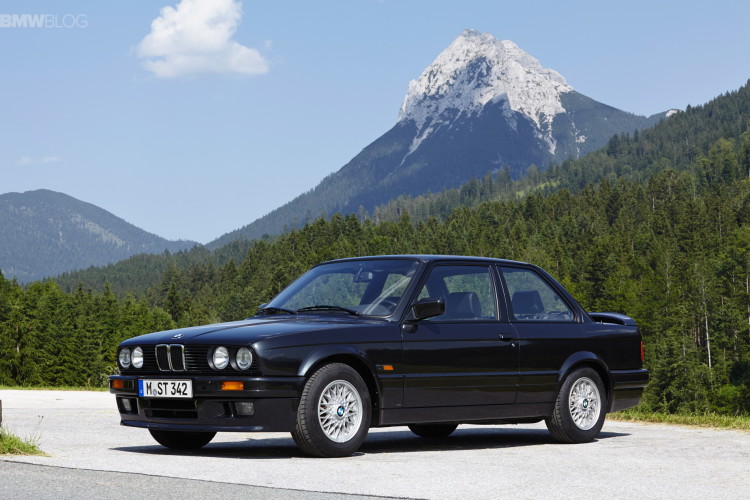
The BMW 3 Series got an injection of fun and style with the second generation of the 3 Series, the E30. It used a revised suspension from its E21 predecessor and plenty of small styling updates that modernized the car but still kept consistent with the BMW design language of the time. The E30 3 Series was also the first BMW vehicle to see the adoption of an all-wheel drive system.
BMW sold tons of the E30 BMW 3 Series, which solidified the 3 Series as a mainstay of the BMW lineup. Its classic looks and low curb weight continue to make them exceedingly collectible today, even as prices have climbed – in some cases – past their original MSRP. Considering how universally loved the car is, though, that isn’t entirely surprising.
E28 BMW 5 Series and E28 M5
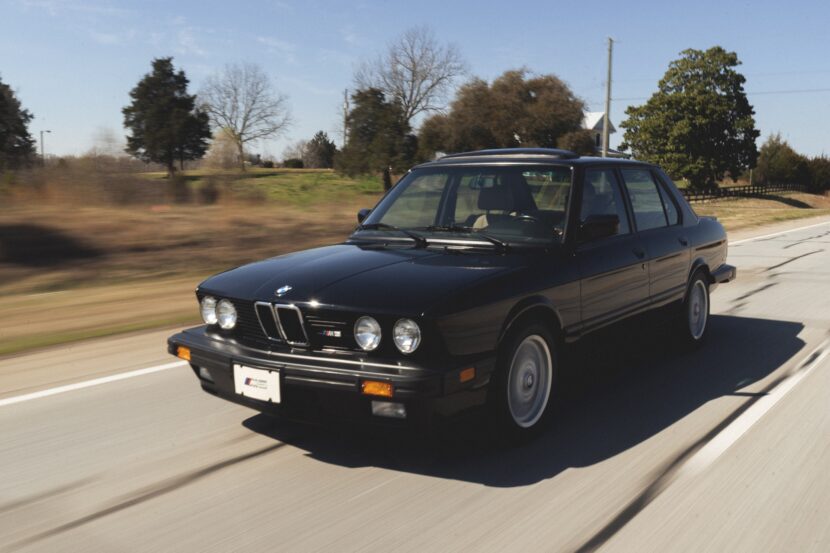
The second-generation 5 Series is arguably one of the most important vehicles BMW has ever produced. They sold almost three-quarters of a million of them, served as the chassis for the first official BMW M road car (the M5), and only ever came with the bread-and-butter of BMW powertrains: a modest but adequate four-cylinder and powerful inline-six engines in a variety of configurations. It was also the first diesel model ever produced by BMW – the 524td, which was the fastest production diesel vehicle of its time.
So, the E28 5 Series did a great job of being a quintessentially…well, 1980s BMW. And no version did it better than the limited-run E28 BMW M5, which hardly even offered North American buyers any options. And it didn’t exactly fly off the shelves, either – only staying in production for 12 months as a 1988 model year. Low production volume and beloved driving dynamics made it a fan favorite, and now E28 M5s command a significant premium over their non-M brethren. No matter what E28 5 Series you choose, you’ll drive something that channels the best of old-school BMW.
E30 BMW M3
It was tough deciding whether or not to include the E30 M3 as part of the regular E30 3 Series or not. Ultimately, though, the E30 M3 has taken on a larger-than-life spot in the pantheon of classic BMWs and deserves a separate mention. After all, without this homologation special, we probably wouldn’t have had any of the following BMW M3 greatness, either.
The E30 M3’s high-revving four-cylinder, muscle-bound widebody kit, and characteristic spoiler all help set it apart from the lesser 3 Series. The S13 engine under the hood was loosely based on BMW M’s turbocharged four-cylinder it was racing with at the time and produced 192 horsepower. Not a ton, but great for the sub-3,000-pound chassis of the E30 M3. You won’t find a list of the most iconic sports cars from the 1980s that doesn’t include this legendary BMW – and rightly so.
They don’t make them like they used to.


